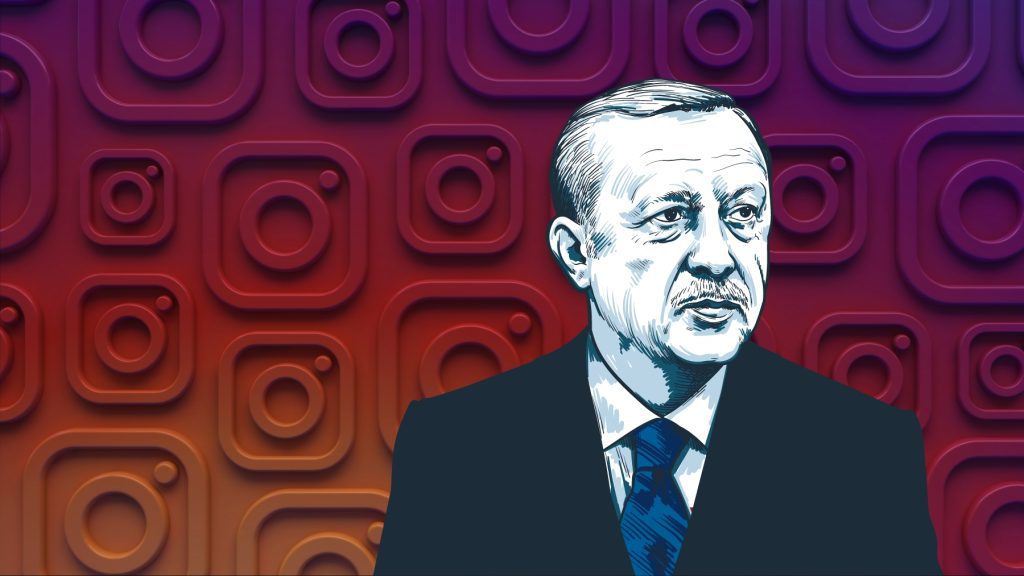
Turkish President, Recep Tayyip Erdogan, accused social media platforms of “muzzling the Palestinian people’s voices,” resulting to completely block Instagram in Turkey on Monday, August 4.
The move to block Instagram was also influenced by Instagram’s banning of users’ posts regarding the assassination of Ismail Haniyeh, a leader of a Palestinian group. An Instagram account called TRT World had posted a video of Turkish citizens heading to Iran to offer their condolences.
In his speech, President Erdogan highlighted how Turkey has always been clear about its stance on the war in Palestine and has been calling for a ceasefire, saying, “They are resorting to every means to hide Israel’s cruelty and muzzle the Palestinian people’s voices.”
Every opinion is respected regardless of stance, but the move to block Instagram in Turkey will affect the economy in one way or another. The decision to block Instagram in Turkey is estimated to cost the country’s economy $11.5 million a day, according to the Internet monitor NetBlocks.
Block Instagram is to Block Connections
Instagram is used to create multiple forms of connections, whether to stay connected with family and friends or to establish connections between producers and consumers for online stores on the platform.
“As a result of the block to Instagram in Türkiye, millions of people are being deprived of their everyday ways of connecting with family and friends, and businesses are no longer able to reach their customers in the same way,” a Meta spokesperson said.
“We will continue to do everything we can to restore our services,” he added.
Nowadays, people rely more and more on social media to run errands, purchase gifts and clothes. The recent statement by the President to block Instagram has negatively impacted the sales of merchants who rely on networking platform to increase their sales or have online shops.
Among the online shop owners expressing their concern was Basak, a 34-year-old who runs an online handmade jewelry store. Basak has over 30,000 followers on her Instagram page, and the decision to block Instagram in Turkey has affected her business sales and exposure to other regions.
Basak mentioned that “some of my customers contacted me by accessing Instagram through VPN and other social media platforms, but my chance of accessing new people and potential customers stopped.”
Emre Ekmekci, vice chairman of ETID, a Turkish e-commerce business association, stated that businesses in Turkey generate about $27 million (900 million lira) in pure revenue from the social media platform Instagram. Ekmekci added that if the situation continues, online shops on Instagram would shift to other platforms.
At the End of the Day
When find the will governments they create a way to take action. This question arises in the case of the opposing political opinions of the Turkish government and the social media platform Instagram.
The decision to block Meta Platform’s Instagram in Turkey raises questions about the impact of opposing political opinions between the Turkish government and leading social media platforms.
Larger concerns regarding Instagram, such as privacy issues, deepfake images of women and children, and labeling facts as misinformation, persist globally. And to be on the honest side here, such issues often don’t prompt immediate government actions, especially not from presidents. Yet, when political opinions clash, the narrative changes, and social media becomes a significant problem that needs to be dealt with ASAP.
How long do you think the decision to block Instagram in Turkey will stay in action, before it’s reversed? If revered, that is.
Inside Telecom provides you with an extensive list of content covering all aspects of the tech industry. Keep an eye on our Impact section to stay informed and up-to-date with our daily articles.